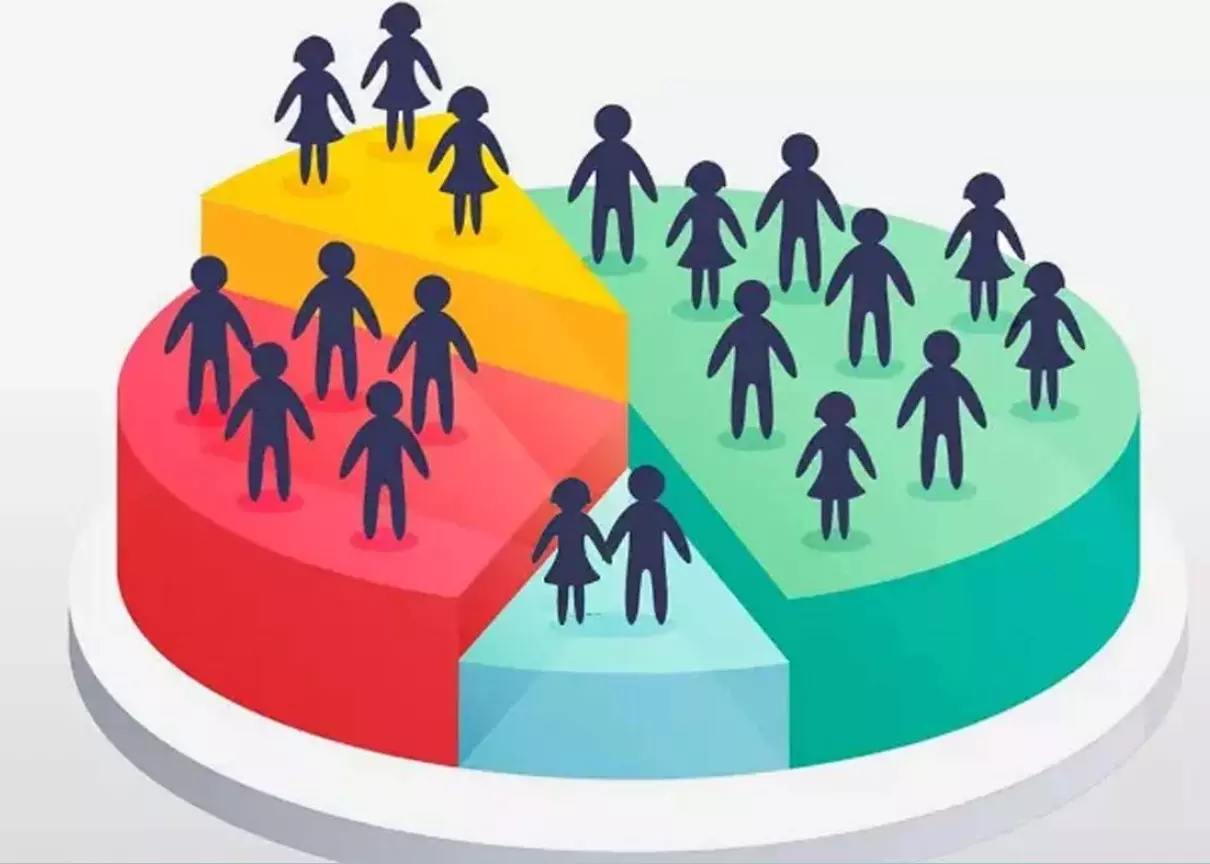Flying Blind

The decennial census is not just a statistical exercise; it is the foundational bedrock upon which the Indian State plans welfare, designs policies, and ensures democratic representation. And yet, in May 2025, India continues to function with outdated demographic data from 2011 — a staggering 14 years old. The 2021 Census, postponed ostensibly due to the COVID-19 pandemic, remains indefinitely delayed with no concrete timeline from the Union government. This delay is not merely bureaucratic lethargy; it has serious and far-reaching implications. In a country with over 1.4 billion people, where migration patterns, urbanisation rates, fertility trends, and social compositions shift rapidly, the absence of fresh and reliable data amounts to flying blind. Welfare distribution — from food subsidies to school meal schemes, health coverage, housing entitlements and caste-based reservations — all rely on numbers. And those numbers are now obsolete. Government schemes like PM Awas Yojana or Ayushman Bharat continue to work on decade-old population assumptions, grossly underestimating the needs of today’s India. More importantly, those who have newly slipped into poverty, migrated to new regions, or entered the labour force remain invisible — uncounted and thus, unserved.
Beyond economics and welfare, the political ramifications of the census delay are even more alarming. Parliamentary constituencies and state assemblies continue to operate based on population distributions from a vastly different India. The delimitation process — the redrawing of constituency boundaries based on population shifts — cannot proceed without census data. This distorts the principle of proportional representation. States with stagnant or declining population growth enjoy the same weight in the Lok Sabha as high-growth, high-density states, creating a mismatch between demographic reality and democratic representation. In fact, delimitation has been frozen since 2001 and is scheduled for reconsideration only in 2026. If the census remains unpublished by then, India risks drawing future constituency maps based on data that is over two decades old. The consequence would be a Lok Sabha that does not reflect the people it claims to represent. This distortion weakens federalism and risks exacerbating North-South tensions over population-linked representation and resource allocation. Additionally, the delay hampers the implementation of crucial laws and social justice measures, such as the recently announced caste-based surveys or the possible introduction of uniform personal laws, both of which require up-to-date demographic insights to be implemented fairly and effectively.
It is therefore imperative that the government not only clarify the status of the 2021 Census but also commit to a timeline for its release. The repeated deferments fuel speculation that the data might be politically inconvenient, especially if it reveals uncomfortable truths about unemployment, urban stress, migration patterns, or the caste-class structure. Transparency and data integrity must override political calculus. India cannot afford to let the world’s largest census — a logistical marvel and a democratic necessity — become a casualty of strategic silence. A democracy that does not count all its people accurately cannot claim to serve them justly. The longer the delay, the greater the risk of India becoming a republic that governs in the dark. In an age where real-time data drives policymaking across the globe, it is anachronistic and dangerous for India to rely on a statistical snapshot frozen in 2011. The people have changed. Their needs have evolved. Their voices deserve to be heard — and for that, they must first be counted.



